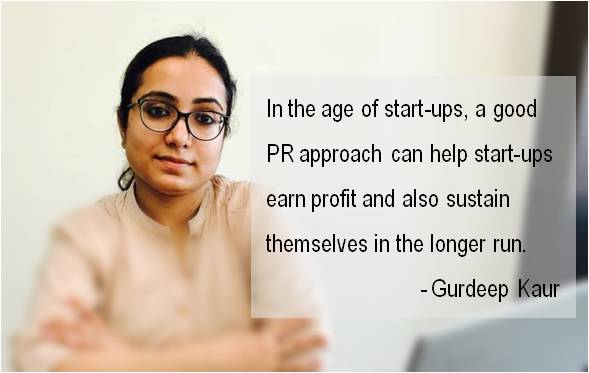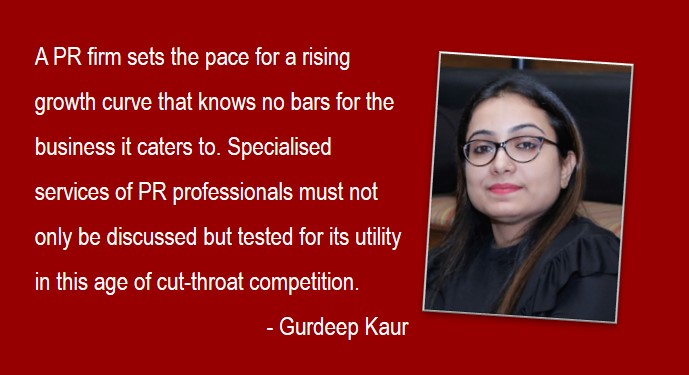- Posted on
- Comments 0
Why PR Agencies Should be Hopeful for Boardroom Seats in the Post COVID World
COVID-19 has more than changed, and perhaps disrupted every aspect of our lives – social, personal, and business. As PR consultants and professionals, we have felt this shift, with client servicing from home. On the other side, many media houses have shut shop while new of ways of media engagements spruced up.
So, what has changed post COVID? How will PR function now? The one immediate answer to these questions is technology. Agencies and PR consultants have already stepped up their game with adapting to new technologies and advanced digital capabilities. We are now getting into the next generation of client servicing. In the wake of serving clients to the best of their abilities, agencies need to take the next steps to make this mainstream.
- No longer just about media relations- As clients reevaluate agency requirements post the pandemic; it has created new pressures on agencies in expanding their capabilities and realms. PR is not about headlines and stories anymore but providing a solid support to clients’ business objectives. We live in the age of twitter flashes, e-press meets and webinars, Telegram and Inshorts and what not. An agency should excel in PR, digital media and have robust creative shops to support clients to support any requirement in real time.
- Focus on content and thought through communications- The role of PR has evolved to not make the brand heard but relevant now. Today, it is not just about issuing a press note but driving the right messages to reach the target audience and help them resonate with the brand. The approach needs to be smarter, not new. Content is at the heart of this approach and a relevant communications strategy, with a focus on thought is key to make this happen.
- Collaborations and consolidations – When it comes to expertise, there remain very few names who can do everything and anything under the sun. Agencies will need a holistic campaign support across geographies and media platforms. Collaboration and consolidation, thus, are going to be the solution to this in the future. For instance, many large international agencies have already acquired smaller agencies to cater to new markets, or for niche agencies for specialized expertise. This trend is gaining steam and has helped many large and medium sized agencies garner more exposure and expand their scope. These kinds of new models will help instill a new culture of open architecture for newer competencies in PR.
In 2021, as the pandemic recedes, it is indeed safe to conclude that traditional PR model is no longer effective and will have to certainly evolve. The level of complexities and the entire of gamut of digital media has changed the landscape for good. The current business ecosystem is dynamic and changing every week, with extreme competition from every side. It is then imperative for PR agencies to stay relevant, agile, and flexible as scope needs to diversify. The idea now is up the ante and not just be an agency. Thus, the role of PR becomes supportive and sensitive, to marry brand goals and yield long term outcomes.
In an environment where business continuity is critical, and financial outlays demand justification, we can expect more PR agencies to demand and receive the boardroom seats.







